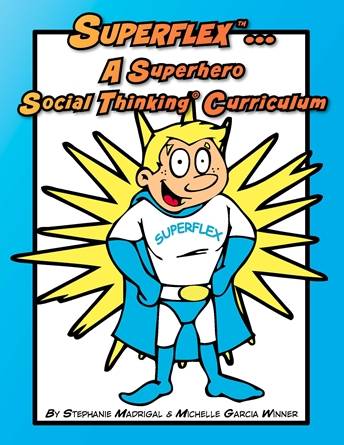
- During the busy holiday time, try to keep household routines the same. Stick to your child's usual sleep and mealtime schedules when you can, which may reduce stress and help your family enjoy the holidays.
- Take care of yourself, both mentally and physically. Children and adolescents are affected by the emotional well-being of their parents and caregivers. Coping with stress successfully can help children learn how to handle stress better, too.
- Make a plan to focus on one thing at a time. Try a few ideas to balance the hustle and bustle of things like shopping, cooking, and family get-togethers during the holidays: Stop and pay attention to what is happening at the moment, focus your attention on one thing about it, and notice how you are feeling at the time. Withhold immediate judgment, and instead be curious about the experience.
- Give to others by making it an annual holiday tradition to share your time and talents with people who have less than you do. For example, if your child is old enough, encourage him or her to join you in volunteering to serve a holiday meal at your local food bank or shelter, or sing at a local nursing home. Help your child write a letter to members of the armed forces stationed abroad who can't be home with their own family during the holidays.
- Remember that many children and adults experience a sense of loss, sadness or isolation during the holidays. It is important to be sensitive to these feelings and ask for help for you, your children, family members or friends if needed.
- Don't feel pressured to over-spend on gifts. Consider making one or two gifts. Help your child make a gift for a parent, grandparent, or other important adults and friends. Chances are, those gifts will be the most treasured ones and will teach your child many important lessons.
- Most important of all, enjoy the holidays for what they are -- time to enjoy with your family. So, be a family, do things together like sledding or playing board games, and spend time visiting with relatives, neighbors and friends.
© 2018 - American Academy of Pediatrics

